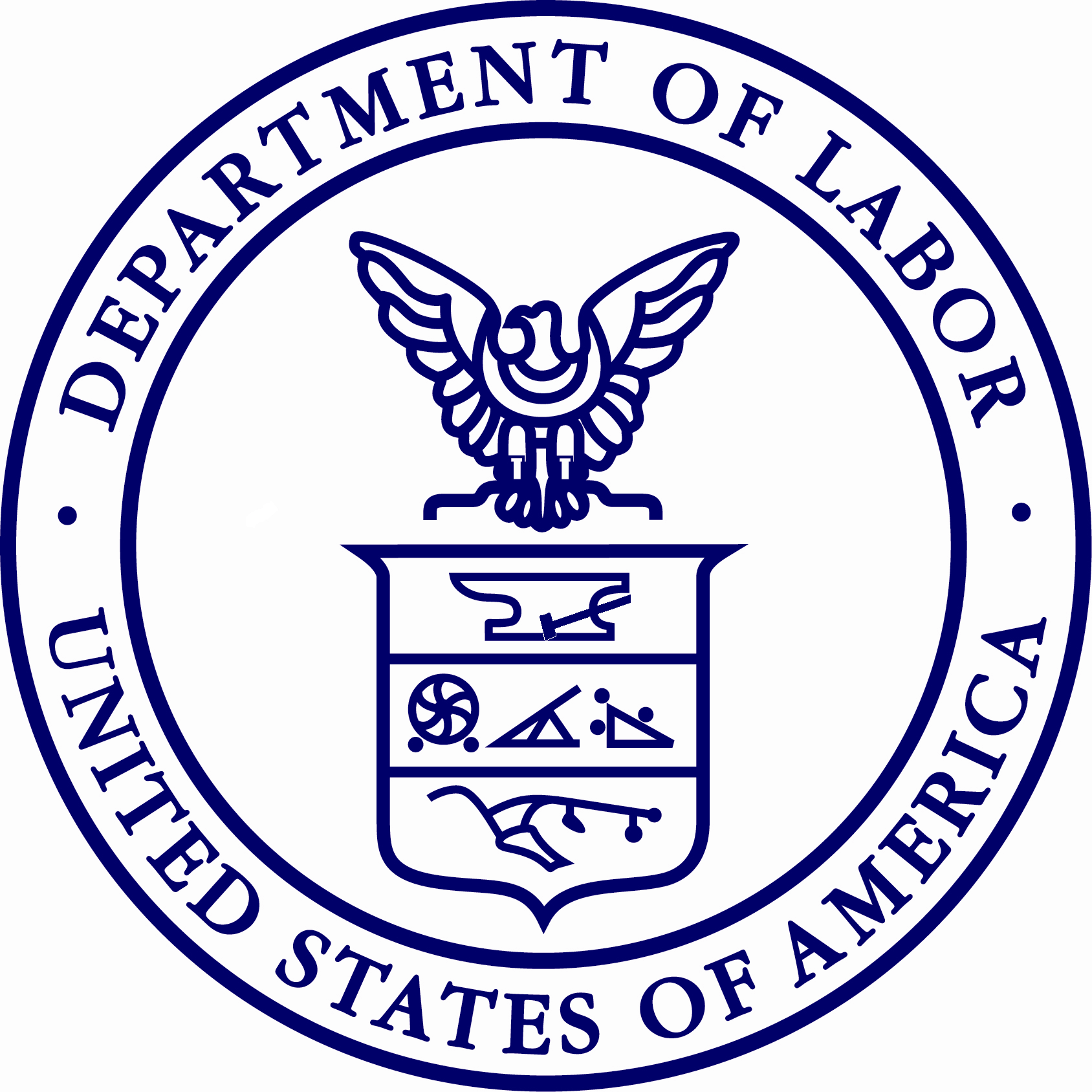New Rules for Disability Benefit Claims Take Effect in 2018
Posted October 11, 2017
On December 16, 2016, the Department of Labor (DOL) released a final rule to strengthen the claims and appeals requirements for plans that provide disability benefits. According to the DOL, these new protections will ensure that disability claimants receive a full and fair review of their benefit claims, as required by the Employee Retirement Income Security Act (ERISA).
The new requirements provide disability claimants with protections that are similar to those that apply to claims for group health benefits. They are intended to protect disability claimants from conflicts of interest, increase transparency and allow claimants to respond more effectively to benefit decisions.
Action Steps
ERISA plans that include disability benefits must comply with the new procedural protections, effective for claims that are submitted on or after January 1, 2018. Entities that administer disability benefit claims, including issuers and third-party administrators, will need to revise their claims procedures to comply with the final rule. Although the DOL recently indicated that it may delay or amend the final rule, it is possible that the rule’s new requirements will still take effect as scheduled.
ERISA Requirements
Section 503 of ERISA requires every employee benefit plan to:
- Provide adequate notice in writing to any participant or beneficiary whose claim for benefits under the plan has been denied, setting forth the specific reasons for the denial, written in a manner calculated to be understood by the participant; and
- Afford a reasonable opportunity to any participant whose claim for benefits has been denied for a full and fair review by the appropriate named fiduciary of the decision denying the claim.
The DOL first adopted claims procedure regulations for employee benefit plans in 1977. In 2000, the DOL updated its claims procedure regulations by improving and strengthening the minimum requirements for employee benefit plans, including plans that provide disability benefits.
Effective for plan years beginning on or after September 23, 2010, the Affordable Care Act (ACA) amended ERISA to include enhanced internal claims and appeals requirements for group health plans.
Additional Protections for Disability Claimants
According to the DOL, it can be challenging for workers seeking disability benefits from an employer-sponsored plan to understand the process and why their claim is approved or denied. To improve the fairness, transparency and accuracy of the disability claims process, the final rule requires that plans, plan fiduciaries and insurance providers comply with additional procedural protections when dealing with disability benefit claimants.
The final rule includes the following requirements for the processing of claims and appeals for disability benefits:
- Improvement to Basic Disclosure Requirements: Benefit denial notices must contain a more complete discussion of why the plan denied a claim and the standards used in making the decision.
- Right to Claim File and Internal Protocols: Benefit denial notices must include a statement that the claimant is entitled to receive, upon request, the entire claim file and other relevant documents. Benefit denial notices also have to include the internal rules, guidelines, protocols, standards or other similar criteria of the plan that were used in denying a claim or a statement that none were used.
- Right to Review and Respond to New Information Before Final Decision: The final rule prohibits plans from denying benefits on appeal based on new or additional evidence or rationales that were not included when the benefit was denied at the claims stage, unless the claimant is given notice and a fair opportunity to respond.
- Avoiding Conflicts of Interest: Plans must ensure that disability benefit claims and appeals are adjudicated in a manner designed to ensure the independence and impartiality of the persons involved in making the decision. For example, a claims adjudicator or medical or vocational expert could not be hired, promoted, terminated or compensated based on the likelihood of the person denying benefit claims.
- Deemed Exhaustion of Claims and Appeal Processes: If plans do not adhere to all claims processing rules, the claimant is deemed to have exhausted the administrative remedies available under the plan, unless the violation was the result of a minor error and other specified conditions are met. If the claimant is deemed to have exhausted the administrative remedies available under the plan, the claim or appeal is deemed denied on review without the exercise of discretion by a fiduciary and the claimant may immediately pursue his or her claim in court.
- Certain Coverage Rescissions Are Adverse Benefit Determinations Subject to the Claims Procedure Protections: Rescissions of coverage, including retroactive terminations due to alleged misrepresentation of fact (for example, errors in the application for coverage), must be treated as adverse benefit determinations that trigger the plan’s appeals procedures. Rescissions for nonpayment of premiums are not covered by this provision.
Notices Written in a Culturally and Linguistically Appropriate Manner: Similar to the ACA standard for group health plan notices, the final rule requires that benefit denial notices be provided in a culturally and linguistically appropriate manner in certain situations.
New Uncertainty: The DOL has recently indicated that it is reviewing the final rule on disability benefit claims procedures for “questions of law and policy.” It is unclear whether the DOL will take action to delay or amend the final rule before it takes effect on January 1, 2018. Entities that administer disability claims should prepare to comply with the new requirements for disability benefit claims in event the new rule takes effect in 2018.

